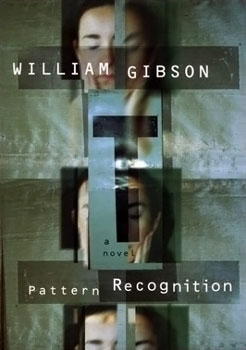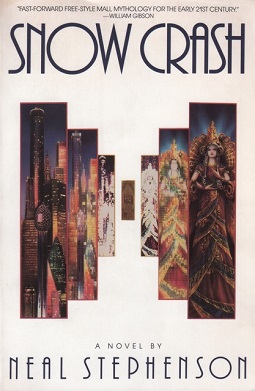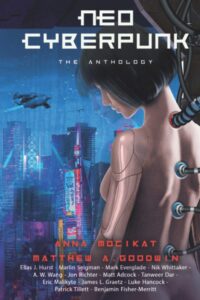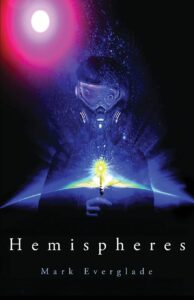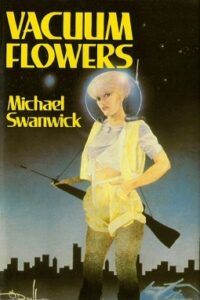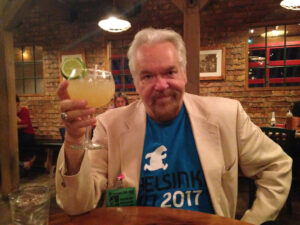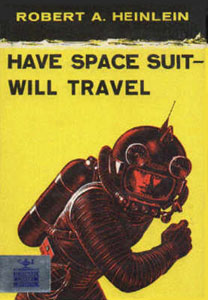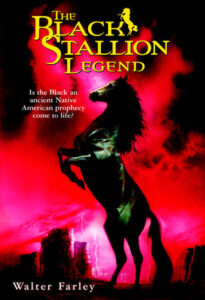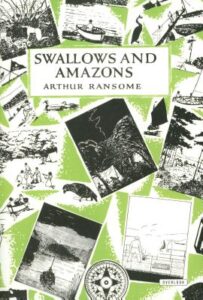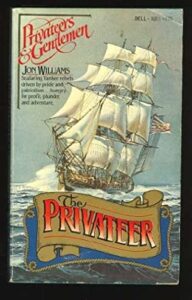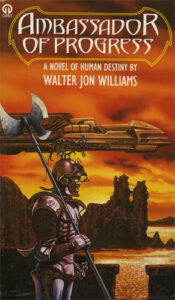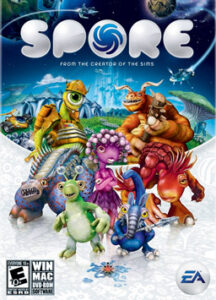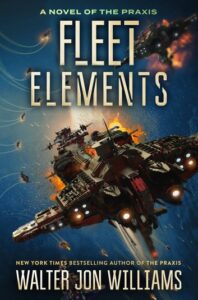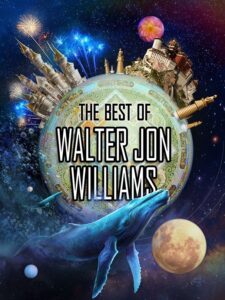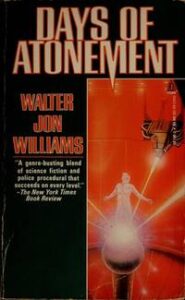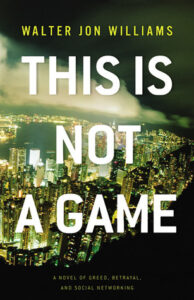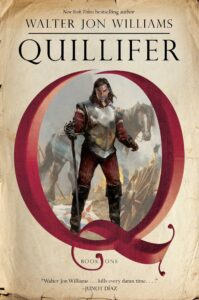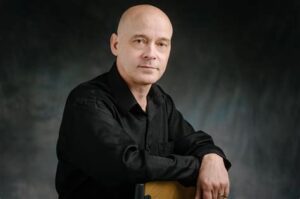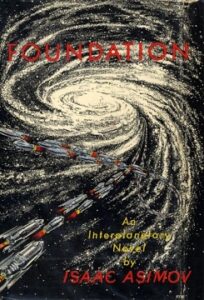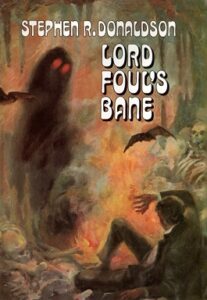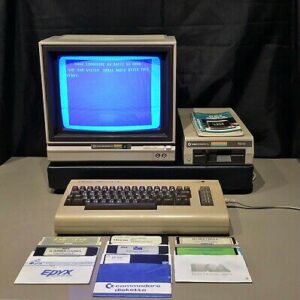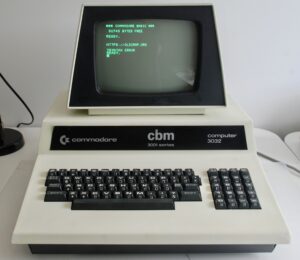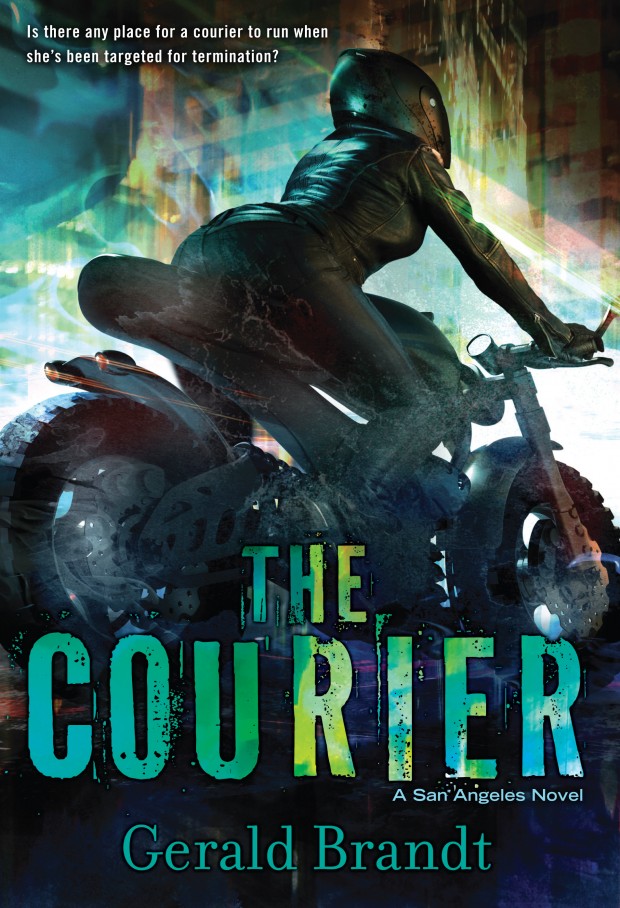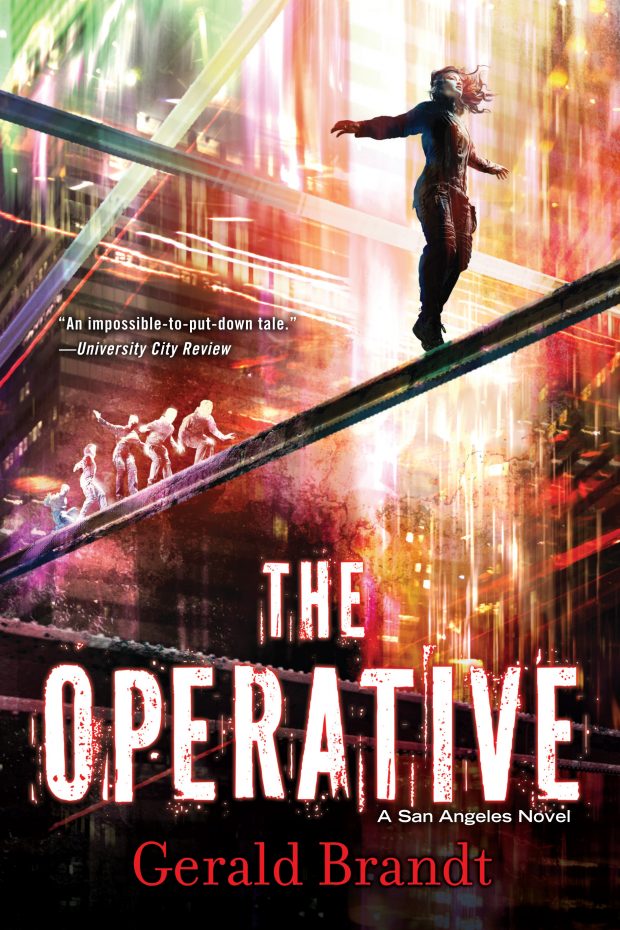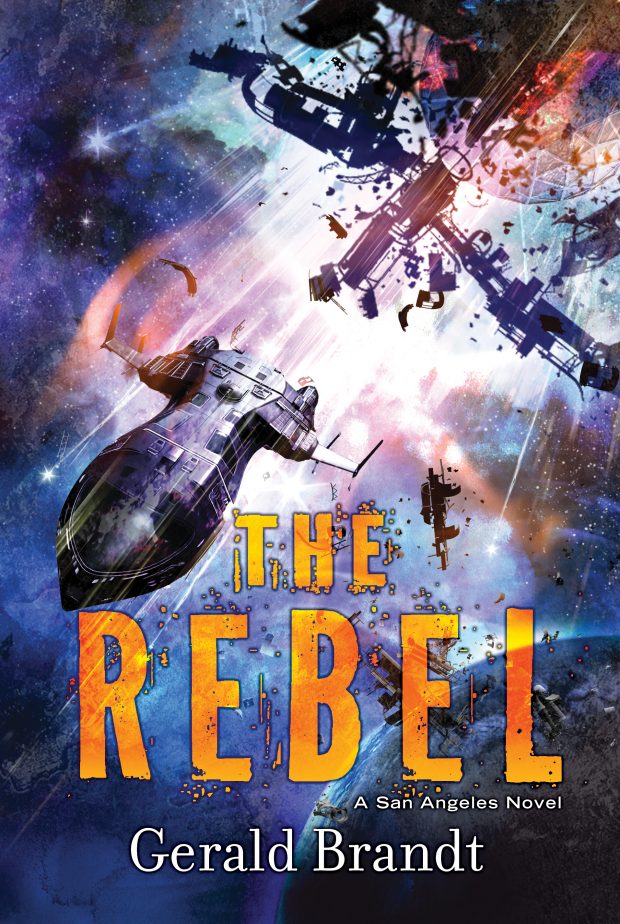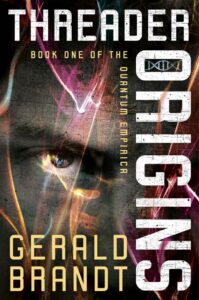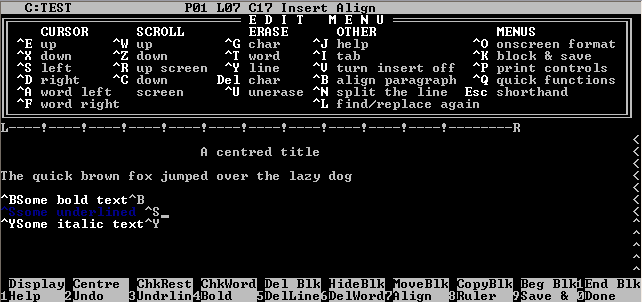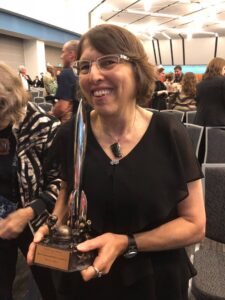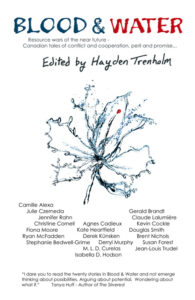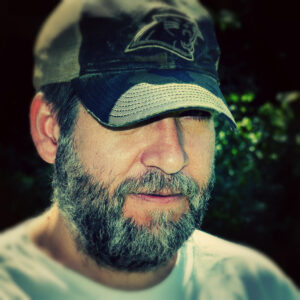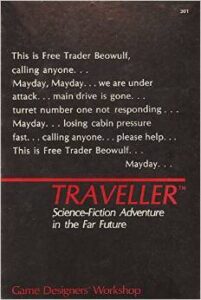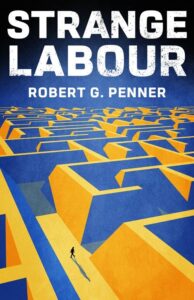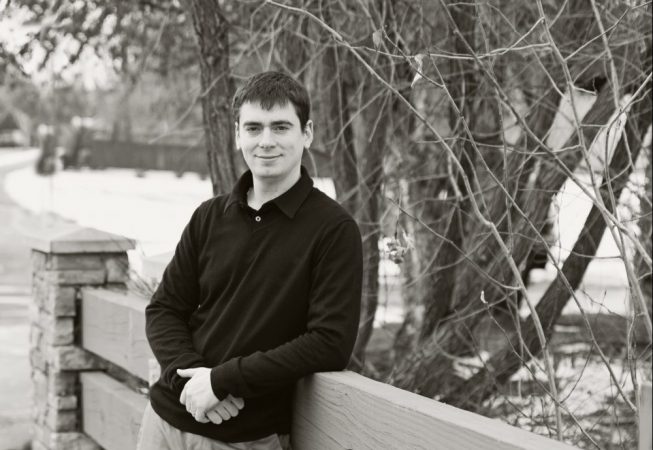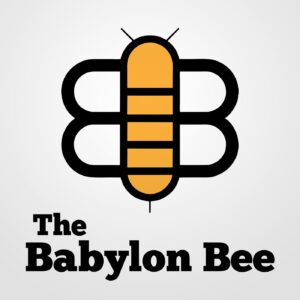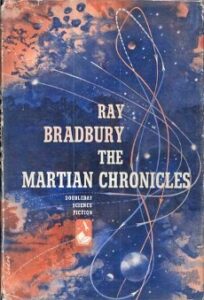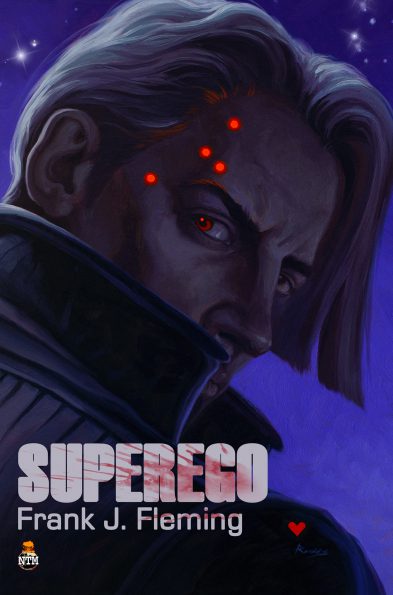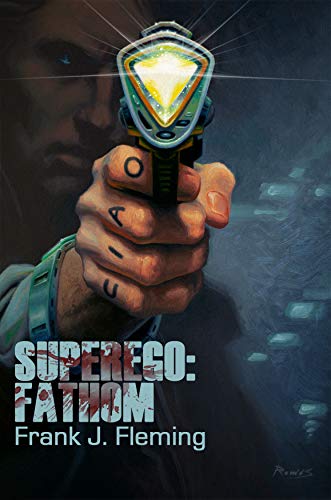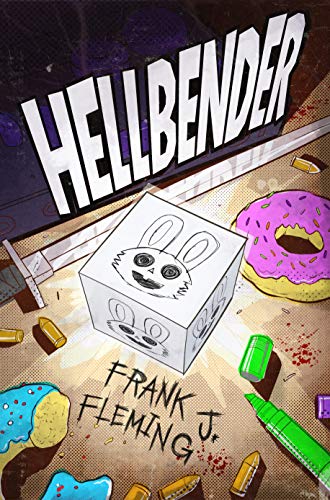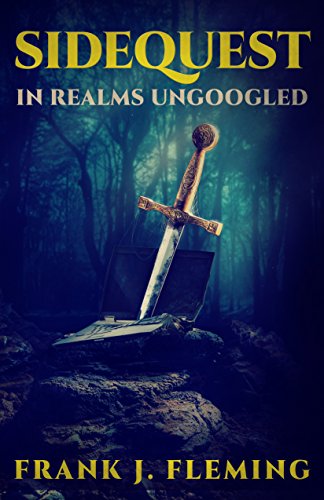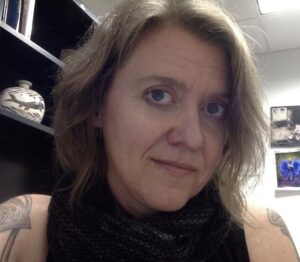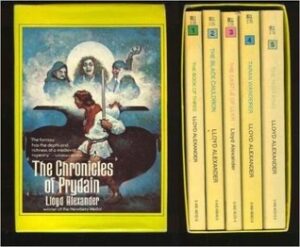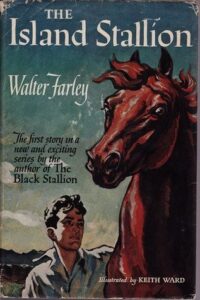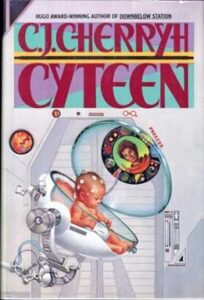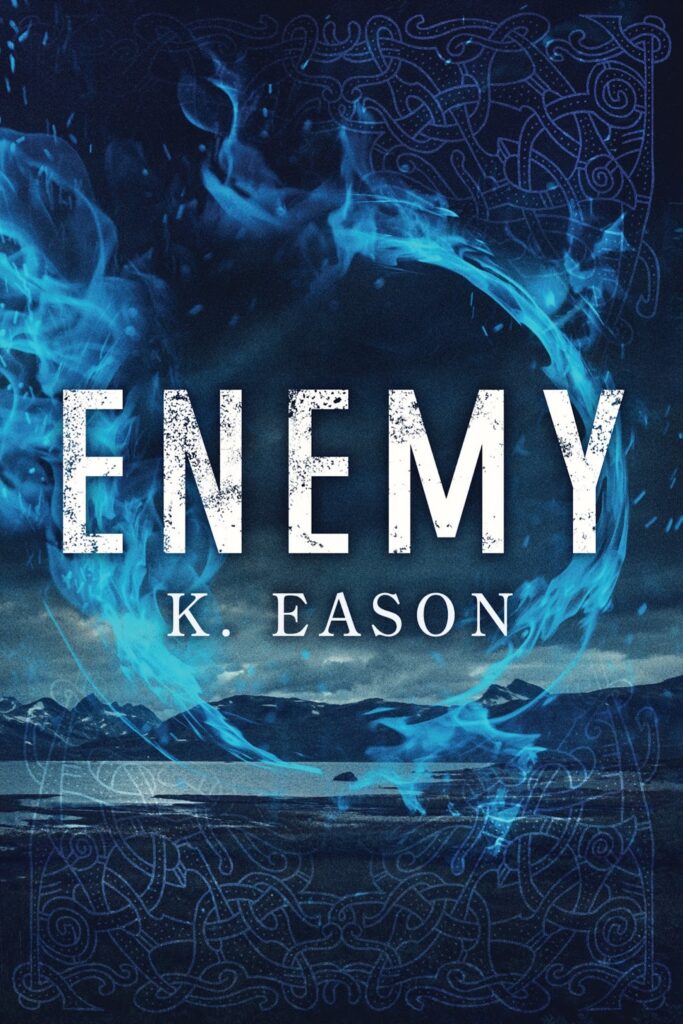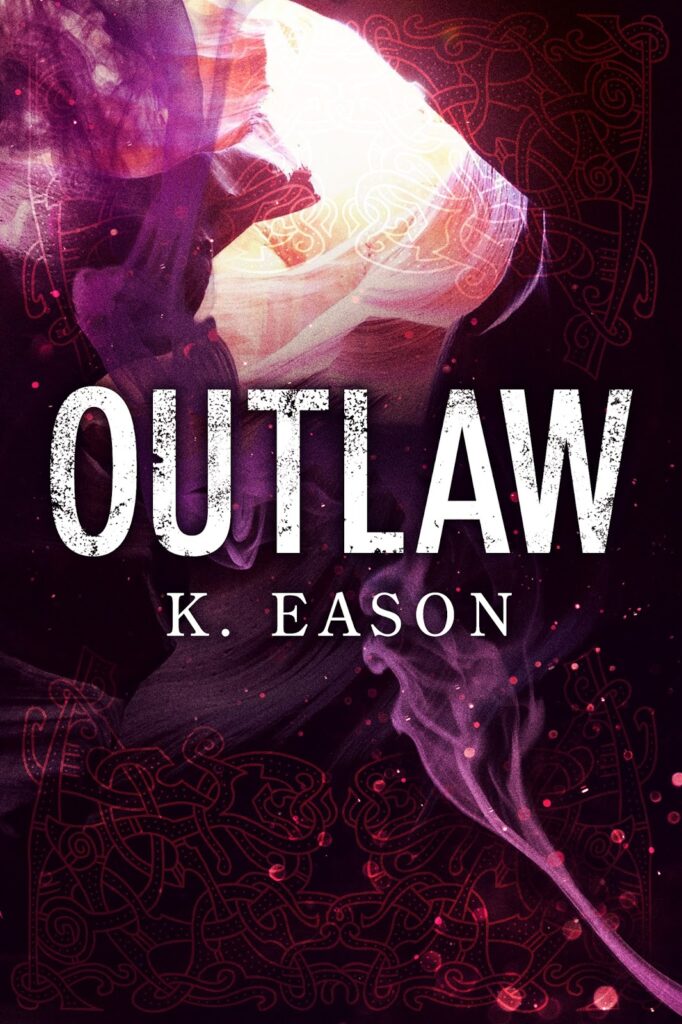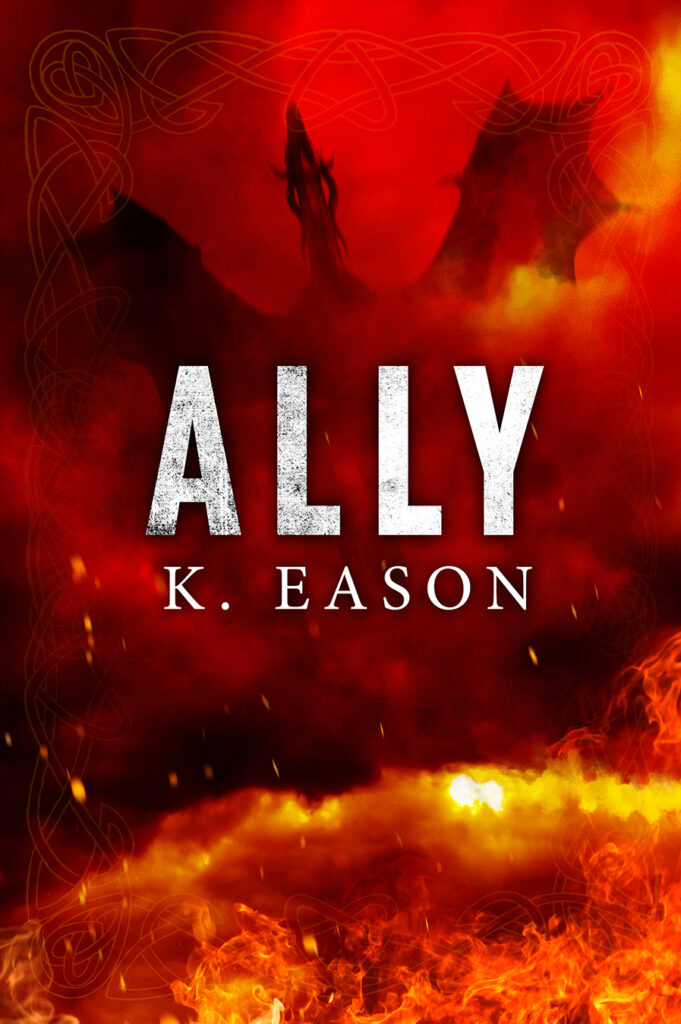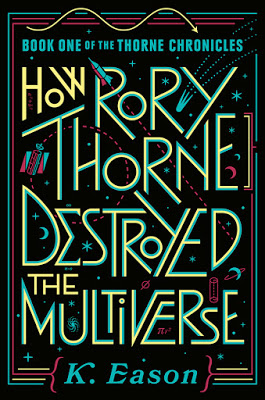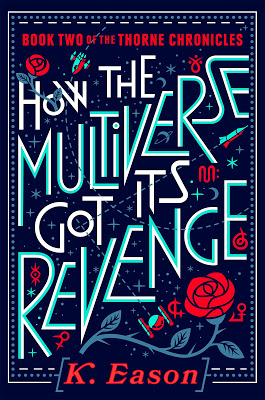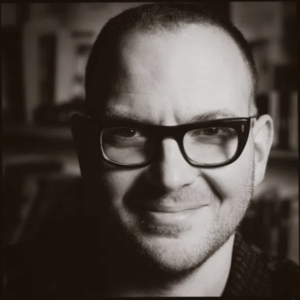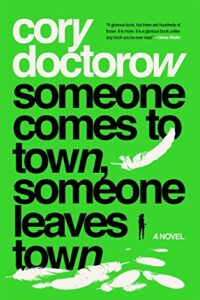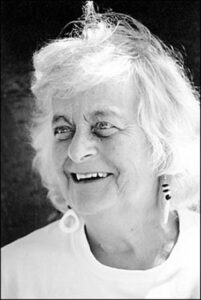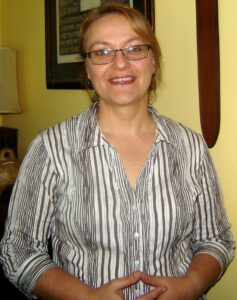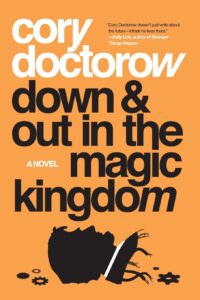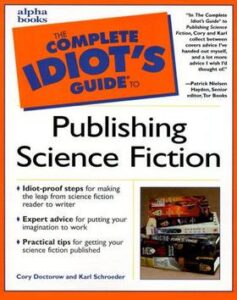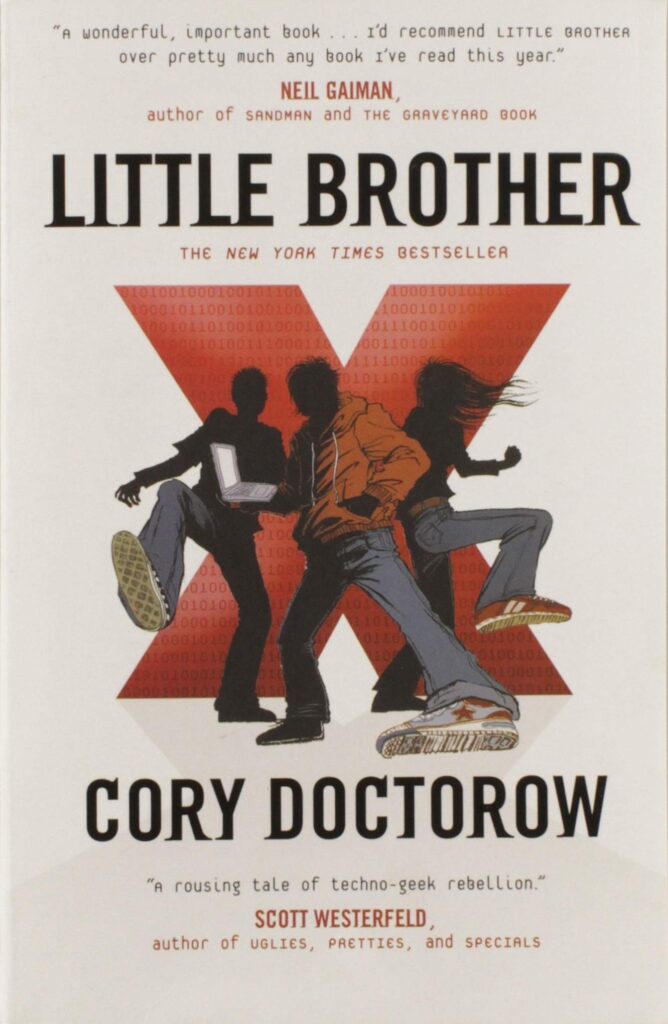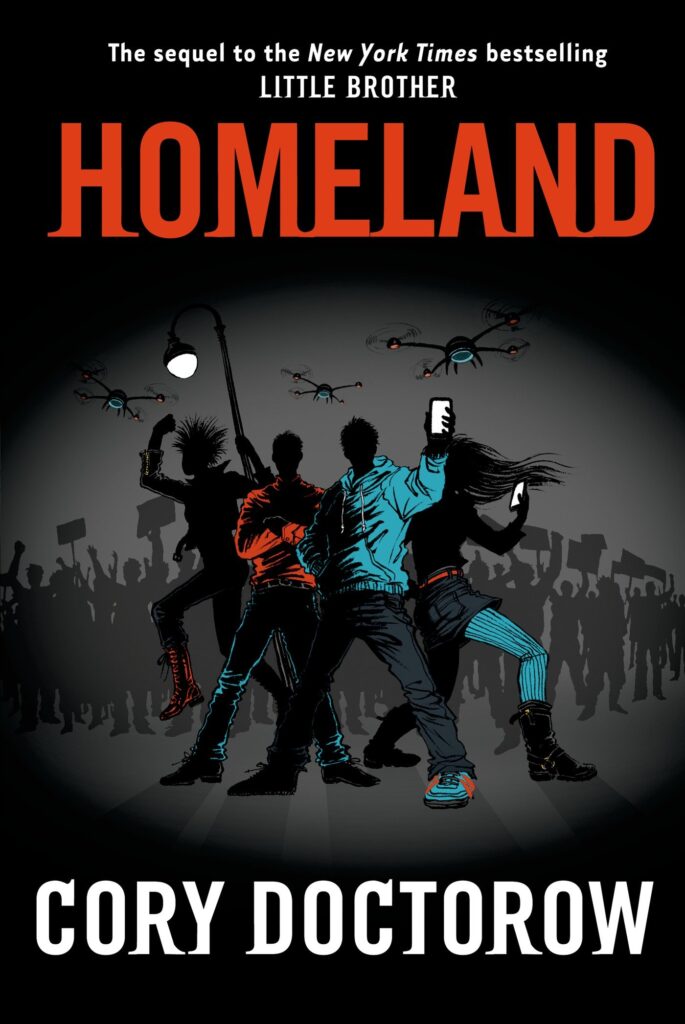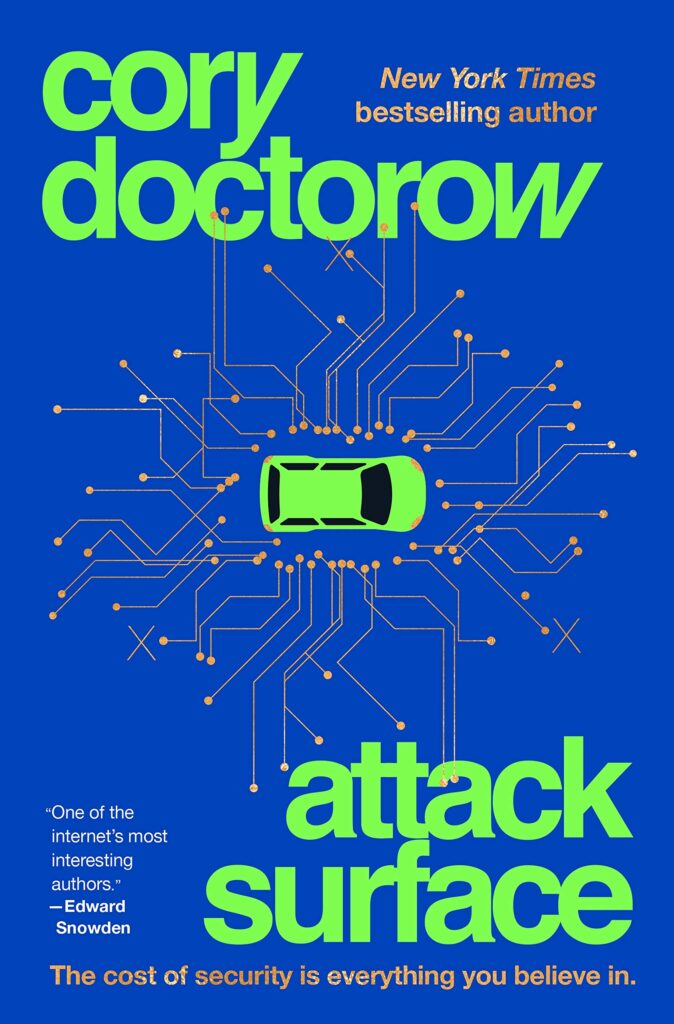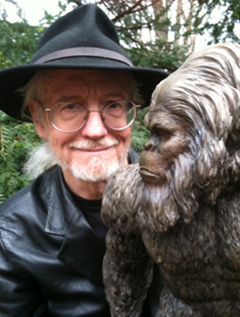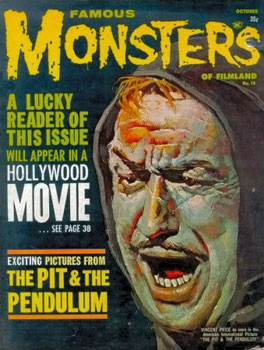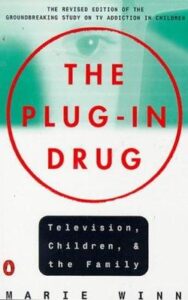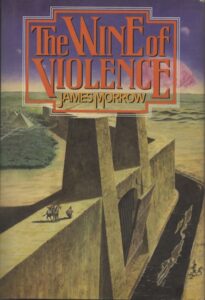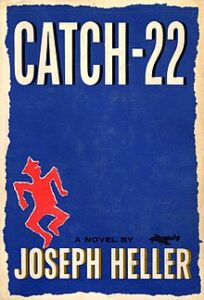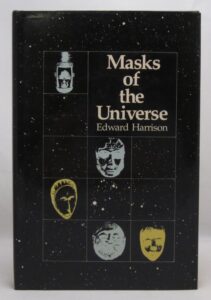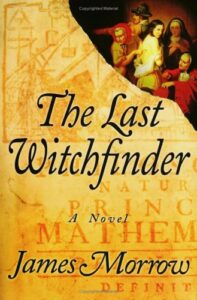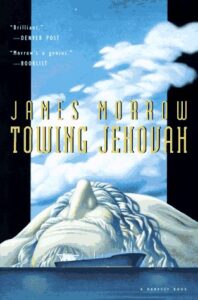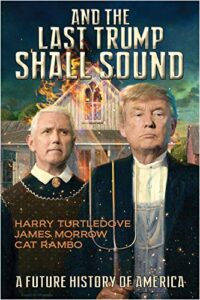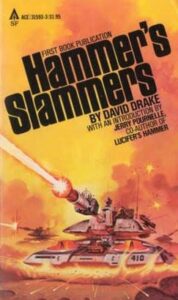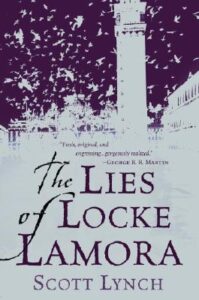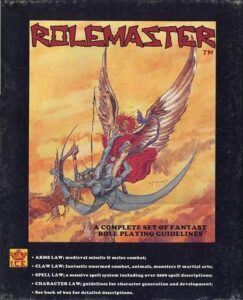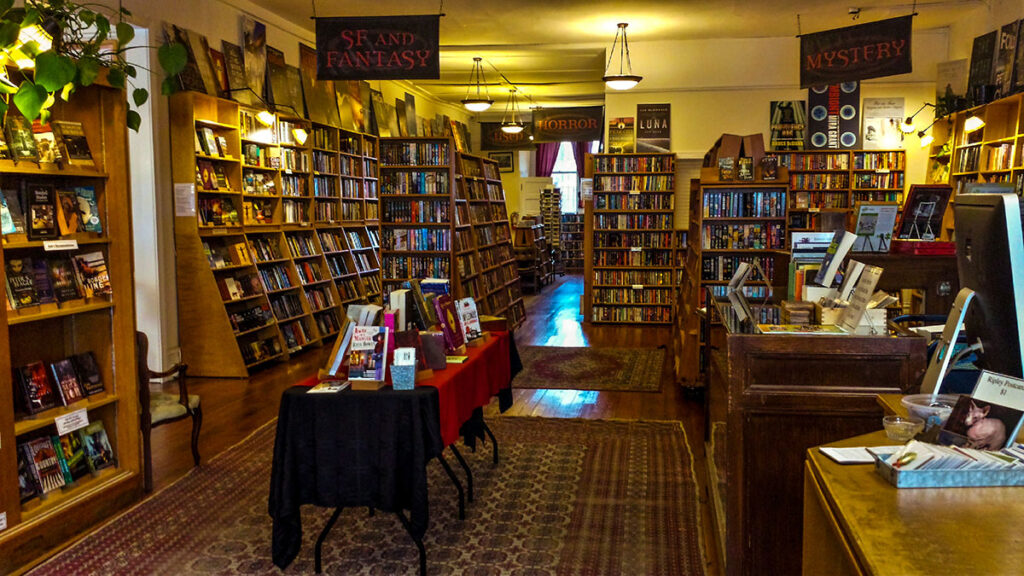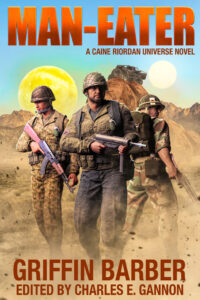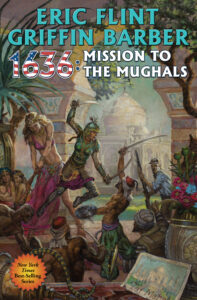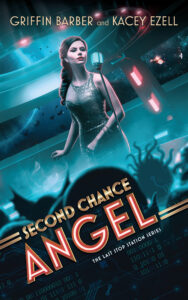Podcast: Play in new window | Download | Embed
Subscribe: Apple Podcasts | Spotify | Amazon Music | Email | TuneIn | RSS | More
An hour-long conversation with David Ebenbach, award-winning author of eight books of fiction, poetry, and non-fiction, including How to Mars (Tachyon Publications).
Website
www.davidebenbach.com
Twitter
@debenbach
Facebook
@david.ebenbach
Instagram
@davidebenbach
David Ebenbach’s Amazon Page
The Introduction
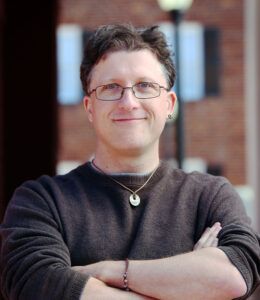
David Ebenbach writes. He’s been writing ever since he was a kid, when he kept his whole family awake by banging away on an enormous manual typewriter, and he’s never wanted to stop.
In fact, David’s now the author of eight books of fiction, poetry, and non-fiction, and his work has picked up awards along the way: the Drue Heinz Literature Prize, the Juniper Prize, the Patricia Bibby Award, and more.
A Philadelphia native, these days David does most of his writing in Washington, DC, where he lives with his family—because he uses a laptop now, he doesn’t keep them awake with his typing—and where he works at Georgetown University, teaching creative writing and literature at the Center for Jewish Civilization and promoting student-centered teaching at the Center for New Designs in Learning and Scholarship.
The (Lightly Edited) Transcript
So, David, welcome to The Worldshapers.
Thank you so much for having me. And I should say, by the way, that the typewriter was at least enormous when I was small. It wasn’t as big as I remember,
We had this little Smith-Corona portable, which took me right through university. And I loved it because it was mechanical. There was a key that would occasionally quit working, but I knew how to fix it. And as long as I could get ribbons, I actually quite liked it. It had a nice it was easy to type on, and yeah. So, I kind of miss it some, but I don’t really miss the sound of the tap, tap, tap, tap, tap, and then the carriage. I don’t miss carriage returns flipping.
Yeah, that part was not the best, yeah.
And when I started as a newspaper reporter, started my career, we were on big manual typewriters. So, I did my share of that for sure.
That typewriter was practically a weapon. I mean, if you picked it up and dropped it on somebody, that would be the last time you talked to them.
That’s right. I don’t think we have . . . I know for a fact, in fact, I think that we have never met. I don’t know, we might have been at a convention at the same time, but we’ve never met in person. But you came to me through Tachyon, who’s publishing your upcoming book, How to Mars, that we’re going to talk about. And we were talking before we started about what a great publishing company they are. And I’ve talked to several authors who have worked with them and have heard good things about them. So, I’m glad to have you on, again, as another representative from the Tachyon stable of authors.
I’m delighted to be here. And especially as that kind of representative, I’ve got to say, and it’s not just because they’re publishing my novel, Tachyon is spectacular. They’re consummate professionals, but they’re also just a ton of fun. And they seem to have hit it just right. They’re publishing just the number of books that allow them to get a lot of stuff out there but to be able to devote a lot of attention to each book. So, it’s just been a real pleasure. And the stuff that Tachyon publishes, you could easily just pause, you know, if you’re listening to this interview, you can pause it and go grab a bunch of books from Tachyon, almost at random, and you’d be really happy.
They have really great covers. I really like Tachyon covers.
Yes. Elizabeth Story does the covers, or at least most of them. And she did mine. And that was a great day when I saw that design.
Well, we’ll talk about How to Mars a little later on, but first, I will take you back into the mists of time, and we will find out . . . well, I know from your bio that you started writing young. So how did that all begin? How did you get interested? I presume you started as a reader and then became interested in writing, but. . . and you grew up in Philadelphia . . . so tell me all about that and how you got into this writing habit.
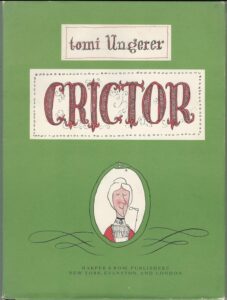
It was the books, of course. You know, I mean, I was reading from a pretty young age, and the stuff that little kids get to read is full of wonder and fascination. The first book that I ever read out loud was a book called Crictor, which is about this sentient boa constrictor that can form all the letters of the alphabet and all the numbers but also can thwart crime in Paris. Really kind of a remarkable snake. And I’ll never forget that. I still have that book. And I just absorbed a ton from everything that I was reading and also things that I was watching. So, I had this enormous typewriter, of course, and I banged out what I considered my first novel when I was eight years old, and it was . . . it would get me into serious copyright issues if people were to look at it today because the main characters were the Smurfs. They were close at hand, and I just grabbed them. And it’s this surprisingly violent spy novel about the Smurfs, actually. And I still have a copy of that on my shelf. And I was typing with so much enthusiasm some of the letters pretty much went through the paper altogether and left little letter-sized, letter-shaped holes in the paper. And I just went on from there.
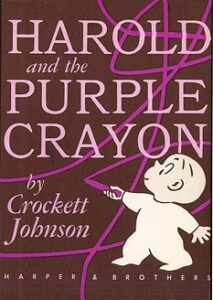
I still remember a very early picture book, and it’s not exactly obscure. Harold and the Purple Crayon. I very much remember reading that as a kid and how much I wanted to be able to, you know, create things just by drawing them. And instead, I create things by writing them, so I do think that was an influence on the whole sort of wanting to make up things. Those very early books can have quite an impact.
Exactly. And, you know, that’s a really interesting point you make. I lived down the block from these two really talented visual artists. I mean, they were kids, but to my mind, they could draw things that look like things. The Minott Brothers. And I was not great at that. And so, I had a kind of breakthrough moment one year when I said, “Well, OK, I’m going to make a comic strip like they’re doing. But first, I’m going to write the story out, and then I’ll see if I can figure out how to draw it.” And then I had this writing of a story, and I thought, “Well, maybe this has something already without the pictures.” And that broke open the floodgates for sure. So that transition from the books with pictures to books with words was a real light bulb moment for me.
Where did the giant manual typewriter come from?
My parents. I don’t know where in the world they got it. It was very old. You know, it just was must have been sitting around as junk somewhere in the house, and they decided that my hands needed something to do. So, it got hauled up to the desk that I had in my room, and I just banged banged banged.
So, you were eight, I presume you continued writing then as you went on through school and high school. How did that all work for you?
Yeah, I kept going in high school. I wrote a lot of pretty bad twist ending stories for the high school literary magazine. I think probably the worst thing I ever wrote, but that I was so proud of at the time, is from the point of view of this narrator who is walking through this post-apocalyptic landscape. Everything is destroyed, it’s sort of a nuclear wasteland. And then, the narrator looks in a puddle and sees its reflection. And the last line of the story is, “Cockroaches: the sole survivors of a war that couldn’t be won.” Terrible. So, this narrator the whole time was a cockroach. And to me, that was like the height of cleverness, but I suppose it at least got me started.
I did . . . at Denver WorldCon, I suggested a panel that they accepted, and it was writers reading their juvenilia, which I think has been done in other places as well. But it was me and Connie Willis and Sarah Hoyt and Joshua Palmatier. And we were all reading . . . Connie actually read from the romance stories, true romance stories, that she wrote when she was starting out for the confessions magazines. But I actually read from some of my high school stuff. So, I was brave.
Solid gold, that stuff. Right? I mean, where would we be, right, if we hadn’t done that? And not only if we hadn’t done that, but if we hadn’t felt good about it at the time. You know, we can look back and question it, but it’s great that we had some early moments of pride, even around stuff that later on we might even regret a little bit.
Did you have a teacher or somebody along the way there that was influential on you in the, sort of the high school years?
Yeah, unbelievably so. There was this teacher . . . I went to Central High School in Philadelphia, which is a big, big school, and I suppose you could get lost in there. Maybe a thousand students, something like that. But this one teacher, Carole Nehaz, taught a creative writing class that just brought me fully to life. I felt, you know, I thought endlessly about that class. I poured a ton into what I was doing there. And even though she must have seen as a grown-up that I was writing things that were kind of silly and kind of predictable in a way, she just gave me a lot of encouragement . . .or more like she gave me a lot of license to keep going. And that really mattered a lot. So, yeah, I have put her on the acknowledgment page of my books because she mattered enormously.
I did that in a novel of mine called The Cityborn. I dedicated it to Tony Tunbridge, who was my Grade 7 or 8 English teacher, because I wrote my first complete short story about that age. It was called “Kastra Glazz: Hypership Test Pilot.”
Awesome!
If I can ever find it, it’s going online for sure. But I don’t know what happened to the copy of it. But he took it seriously, and he, you know, he said,” I don’t understand why your aliens act like this, and I don’t understand what your character did this stupid thing.” And he, you know, he marked it up and took it very seriously. And I’ve credited him because if you find an adult who takes your writing seriously, it makes you think, you know, “Next thing I’m going to write is going to be better,” at least that’s how it was for me.
Yeah. Same here.
Now, once you got to university, did you study creative writing, or what exactly did you go into?
Well, that’s a little bit of a story. I chose my college because it had a strong creative writing program. But then I got there, and I felt like everything I encountered was really kind of pretentious. And I really didn’t enjoy my creative writing classes there. I just took a couple, and then I backed out, and I picked a major for maybe the dumbest reason that you could pick a major. But I was taking a psychology class at the time. It was supposed to be a philosophy class, but my handwriting on the sheet that I filled out for what classes I wanted was so bad that they thought it said psychology.
So, I got into psychology class, and everybody was really nice. And so, I kept going with psychology, and I sort of dropped out of the creative writing, the academic piece of that, though I was always writing along the side. And I went off to graduate school in psychology at the University of Wisconsin, and I really enjoyed that. And I went for my Ph.D. there. But all along, I was running off and cheating on psychology with creative writing. I was taking classes in creative writing. Jesse Lee Kercheval is another name of a professor who turned my life around by taking me seriously at a crucial moment. And it got to the point where I actually enrolled in an MFA program while I was finishing up my Ph.D. in psychology because it was becoming clearer to me that that was the direction I had to go. There was a long detour, and I don’t regret it, a lot of cool things happened in psychology, but it is undeniably not a straight path.
Well, the fact that you did go so far in psychology and you write, well, characters are all about psychology to a certain extent. Has your training in psychology helped you when it comes to things like characterization and storytelling, do you think?
Gosh, you would think so, you know? But I think the distinction for me was I studied social psychology, which is really about how the environment affects an individual, other people, how social pressure and social opportunity affect people. I was really trying to save the world, you know, “How do you make people recycle or take on racism?” And I was looking at that. So, what you do is you run these studies, and you take averages across lots of people. And it’s a great way to learn about folks. But it’s almost, in a way, the opposite of fiction, where in psychology, you ask lots of people a question and average them in fiction. You look at one person really closely and generalize to everybody, or at least to a lot of people. So, they’re quite different from each other. And it ends up that the fiction way of knowing is much closer to the way I think and the way I the way I’m interested in thinking.
So, when did the creative writing start to turn into actual published things?
During that same period before I enrolled in the MFA program, but while I was doing the psychology degree, this teacher, Jesse Lee Kercheval, just kept encouraging me to take myself seriously and to send stuff out. And I got really, really lucky that the first story that got published, first of all, it wasn’t rejected a ton of times, it was rejected, I think eight times, which is nothing in the grand scheme of things. And the magazine that took it, this little magazine from Florida called Oasis, and they only had five hundred subscriptions or something like that, but the letter from the editor was . . . it’s usually not like this, usually it’s, “We’d like to publish this.” But this was so detailed about why he wanted to publish that story. It was so affirming and positive. The publishing world can be really bruising, but it was such a gentle start that it maybe made it easier when the bruises started coming.
They did come?
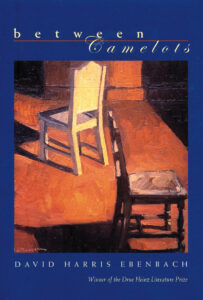
Oh, yeah. I had one story that . . . this is a story I like to tell because at first it sounds like I’m bragging, but then you realize how dark everything is. So, my first collection of stories (Between Camelots – Ed.) won a prize, and it was the Drue Heinz Literature Prize. And that’s maybe the prize I wanted most in the whole world. And it won another prize as well. And the title story of that collection also won a prize when it was published. But before it was published, that story was rejected sixty-one times.
Wow.
So, you know, if I had held back, maybe it wouldn’t be in print. Maybe that book wouldn’t exist. If I had said, “Well, 50 rejections is a lot. Maybe I should give up on this thing.” Who knows? Would I be here now? So, the thing I’m always telling my students, I tell them that story, and I say, “What’s the number of rejections before you should give up on a story?” Well, you should give up once you’ve asked every single magazine that exists.
I was going to say I’m not even sure I could find sixty-one markets, at least not when I started out. In pre-Internet days, I certainly couldn’t have.
Well, there’s so many places out there. I had my copy of Novel and Short Story Writers Market, and I just went alphabetically.
Hmm, that’s a lot. Well, I guess were those . . . this is really dating me . . . these would be electronic submissions? You didn’t have to send them out with postage attached.
Now, unfortunately, I predate that time. So those were all sent in the mail.
Oh, boy. I remember those days. Not particularly fondly.
Yeah. I’m so glad to not be doing that anymore. Though there was something, there was, in a way, a nice ritual about going to the post office, and I would kind of wave my hands over the envelopes. “Godspeed, may you find a home!” kind of thing. But it is much nicer to be able to seek them out from the computer at home, especially these days, of course,
I think there’s a . . . I mean, an email rejection is one thing, but when that envelope actually came back with the story still in it, that was always a sad moment.
Oh, yeah. And sometimes, if it was a long story and they sort of jammed it into the return envelope, I thought, “Well, I wasn’t even meaning for you to return it. I thought you were just going to, you know, send the rejection note,” and they’d clearly, like, laboured to force it into this envelope. It was a sad sight for sure.
Oh, well. You now teach creative writing and literature. So how did you end up doing that?
Sort of little by little. You know, I had this degree in psychology, and the natural thing would have been to teach in that. And I did a little bit, just adjunct in Philadelphia when I moved back there after the degree. But I was really just trying to build up some publications. And so, I tried to get more and more things published, and then we moved to New York, and there’s a great outfit there called Gotham Writers Workshops that you may have seen online. But they took a chance on me, who hadn’t taught creative writing before, and they just let me try myself out a little bit, and I got some great experience there. And then, you know, a little adjuncting here, a little adjuncting there. I got a teaching gig at a wonderful college called Earlham College for five years out in Indiana, and then after that came to Georgetown.
And it’s sort of a weird situation at Georgetown, in a very nice way, that I teach creative writing in a Jewish studies program, which, as far as I can tell, I’m the only person in the world doing that. But basically, the program felt, well, we’ve got to have some humanities, or else this becomes entirely about the Holocaust, entirely about Middle East politics. And we can’t just have Judaism be about conflict. It also has to be about the things that we’ve created and made. And there are so many wonderful Jewish authors that it’s not hard to put together some courses where students learn to write and the folks that they’re studying are Jewish authors. So, I teach poetry. I teach fiction. I teach a little bit about identity development. I do some literature. They give me a lot of room to teach the things I’m excited about. And then I’m in another program that’s . . . folks who want to go on and shape the higher education landscape are in this master’s program, and I teach a course on creativity for those folks. And that’s what I’m teaching this semester.
Sounds very interesting. Now, I often ask authors who teach, and I’ve done a very small amount of teaching and mentoring and been a writer in residence and that sort of thing, do you find that teaching feeds back into your own writing in some ways so that you, you know, like the line from The King and I, “if you become a teacher by your students you are taught,” do you find that that’s true for you?
It is true for me and in a variety of different ways. Sometimes it produces a kind of pressure that I hadn’t realized I was missing out on. So, one of the things I’ve done when I’ve taught introduction to creative writing, you know, I teach a little poetry, a little fiction, a little nonfiction, a little drama. And after a while, I realized I was teaching drama, but I wasn’t writing it, and something felt off about that. So, I started writing plays, and I’ve done a little bit of that since then, all because the class made me feel like I ought to. And it turns out they’re really fun to work with. But also, I learn a lot from students . . . in particular, students who are just getting started, get themselves into the most interesting possible messes. You know, they write a story, and something crazy happens that makes the story kind of fall apart at the end. And I think, “What is it? What went wrong here?” And watching that and studying that helps me to see what you need to do to make a story work. And then, of course, there’s also that when they succeed at something that’s a model, too.
Yeah, I think it’s . . . when you’re doing any kind of teaching or mentoring or whatever, you’re concentrating very much on a lot of different work often, but it’s that very close reading of something to try to figure out what works and what doesn’t work, I find that that impacts me thinking about my work when it comes time for revision and that sort of thing as well.
Yeah.
Now, when did your first novel come along?
Well, that’s a sort of ridiculous story. So, you know, first published novel versus first novel. I have seven unpublished novels, which, God willing, will never be published because they’re not very good. But I wrote my first one in college. That doesn’t count the Smurf one, which is actually under ten pages. So, calling it a novel was a little presumptuous. But yeah, I wrote a full-length novel in college that was not very good, and I started another one in college, also not very good. And I wrote five others that were not very good. Apparently, it takes a lot of practice to do this well. But I didn’t see it that way. At a certain point, I thought, “You know what, I’m a short story writer.” By that point, I’d had a couple of published short story collections. I felt like, “OK, maybe I know how to do stories at least a little bit. I don’t understand novels, and I’m not going to keep forcing it.” I had one novel that I sent to an agent who said, “You are distorting a short story. This should be a short story, and you’ve turned it into a novel.” It was very kind of her actually to do that.
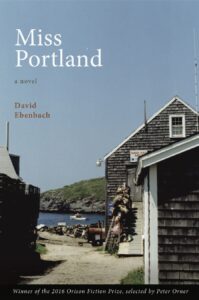
So, I decided I’m not going to try this anymore. So, I set out to write a short story called Miss Portland. And, of course, that turned into my first published novel. Because, you know, I decided I’m not going to distort this thing. I’m going to take it as long as it needs to go. And no shorter and no longer. And then it was novel-length, and apparently, it worked out. And here we are.
Does all of your fiction fall into the sort of speculative fiction side of things or some fantastical element, or have you written mainstream fiction, as they call it?
It’s actually quite a mix. The novel Miss Portland is entirely realistic.
That’s what I thought from reading the description.
Yeah. It’s about a woman who is suffering from bipolar disorder and is trying to figure out how to get her life right. It’s quite realistic. But then there are stories in my collection, The Guy We Didn’t Invite to the Orgy and Other Stories, that are magical realist or otherwise speculative . . .
That’s a great title, by the way.
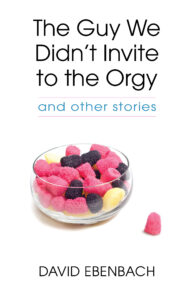
Oh, thanks. Yeah, well, I was at an artist colony one time, and somebody came to the breakfast table, and they said they’d heard a rumor about this place before they got there. And the rumor was that there had been an orgy at this place. And I thought, “OK.” And she said, “But the thing is, one guy wasn’t invited.” And I thought, “Now that’s a story, right?” I mean, an orgy is not a story, but an orgy where one guy doesn’t get invited is a story. So, that became the genesis of that whole collection. So those range quite a bit. And then you have this How to Mars, which is quite speculative. And then the novel I’m working on that hopefully will come after that is also speculative. So, I do range a bit, though. I think I’m getting more and more drawn into the speculative world.
But we’ll talk about why you’re drawn into it when I get to the big philosophical questions at the end, I have two things I want to put reverb on mists of time and big philosophical questions. I haven’t done it yet.
I support you if you do,
You also write poetry, which interests me. I committed one book of poetry, so I was interested, but I certainly don’t think of myself as a poet. It was a very odd way that came about. But when did you start writing poetry, and what drew you into that?
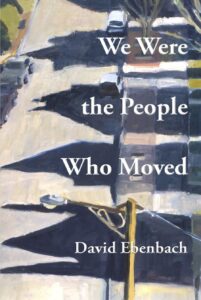
Well, first of all, I just want to applaud your courage and admitting that you write poetry. It’s socially unacceptable, but we all have to be honest about who we are. Yeah, I do. Hi, my name is David, and I write poetry, and I do it because there’s material I have that doesn’t make sense in any other form. I’ve written stories that didn’t want to be stories, and so they had to become poems because I was more interested in the imagery or the language than I was on the this happens and then this happens, and then this happens. So, I found that poetry is a great outlet for me to do different things. And I like to have room to do different things so that I don’t lose any of the things that interest me.
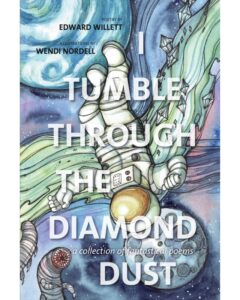
Well, to be fair to real poets, my poetry book came about because of . . . during Poetry Month in 2018, I think, the poet laureate of Saskatchewan, Gerald Hill, started this thing where he sent out every day, every weekday during poetry month, to every member of the Saskatchewan Writer’s Guild, he sent out two lines of published Saskatchewan poetry, published Saskatchewan poets, I should say, and the challenge was to either create a new poem using those two lines or creating a poem that was inspired by those two lines and they were, you know, not necessarily connected in any way, and much to my surprise, I wrote a new poem every day using the two lines that he provided. But they’re really stories in poetic form. They’re not poems in some ways because I was still a story writer, but I just put them into a kind of a poetic form, and it turned out quite successfully. Of course, at the end of that, I had twenty-four poems, and so I put out my only book of poetry.
Well, so far. So far. So far. Life is long, God willing. So, well, we’ll see how that goes.
It’s called . . . I Tumble Through the Diamond Dust is the title.
Oh, nice. Well, you know, I think there’s a lot of room to try a lot of things in this world. And I think none of us should allow ourselves to get pinned down as being one kind of thing. It’s too limiting.
I like to imagine I can write anything. That just may be ego, but . . .
No, I think you can write anything.
OK, so let’s talk about How to Mars as an example of your creative process. Before we do that, perhaps you should synopsize it for those who may not have read it yet because it’s not out, so . . .
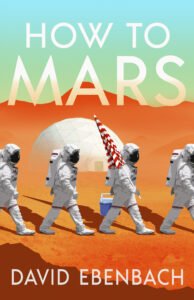
Right. So fair enough. How to Mars on a certain level is about these six people who, for various personal reasons, agree to go on a one-way mission to Mars. And it’s a pretty, to be honest, dubious mission because it’s run by a really eccentric organization that’s funding the whole thing with a reality TV show. And they have one rule, which is no sex on Mars because it’s dangerous. But of course, everybody breaks that rule. Or, actually, a couple of people in the book break the rules. So, the novel starts with the line, “This is how I find out Jenny is pregnant on Mars.” And the book takes us through the experience of these folks trying to figure out what to do about new life on Mars. And meanwhile, the engineer is getting a little bit angrier and more difficult to work with and perhaps dangerous, and they’re encountering some signs of indigenous life that might not be entirely friendly, and they’re also trying to figure out whether they’ve really left behind the things that they meant to leave behind.
So that, you know, that’s kind of the one level of reading the book. And on the other level, I think it’s really just about how to live life, given that we’re thrown onto a planet without a lot of instructions. In our case, it’s Earth, in their case, it’s Mars, but it’s sort of, “How do you do this thing? How do you deal with life when we don’t know exactly what we’re here for or what we’re supposed to do? How do you do it? How do you Mars? How do you Earth?”
So, what was the inspiration for this, and how does that compare to the way that you normally find . . . you mentioned how the story about the guy who wasn’t invited to the orgy came about. How do stories usually come to you, and how did this one specifically come to you?
They come in so many different ways. Sometimes a thing happens in my life that I am having trouble getting a grip on. So, I want to write my way into it. Sometimes I hear a really strange anecdote, or I encounter something in the news that’s baffling. The one thing that holds it all in common is it always starts from a place of me not understanding something and feeling nonetheless like I want to. So, I start writing my way in order to try and figure something out. And in this case . . . were you aware as it was happening of the Mars One project?
Oh, yes. Yes, I remember that, yeah.
So, if any of your listeners are not aware, it was this crazy project that possibly was a scam. In any case, it’s gone quite dark now. But the original idea was to send some people on a one-way trip to Mars, and they too had the rule, no sex. And I thought, well, that’s crazy. No one’s going to sign up for that. And then they announced something like 200,000 people had applied. Turns out they probably inflated that number, but certainly, thousands of people applied. And I watched a number of application videos, and my bafflement just grew and grew. I thought, who are these folks who would be willing to never see a tree again, never see the people they love? Some of these folks were married, you know, maybe not very, very happy marriages.
Makes you wonder.
Yeah, right. Some of them were parents, which is sort of inherently tragic. They wouldn’t feel a breeze on their face ever again unless it came from the HVAC system inside the dome on Mars. So, who are they? What would make you want to leave a planet forever? And that became the genesis of the whole book. And of course, Mars One, turns out they’re probably not going to send anybody to Mars, but my folks are already there. So, I guess I won that battle.
You do make the connection somewhere I was reading to Ray Bradbury’s Mars stories . . .
The Martian Chronicles.
The Martian Chronicles. For some reason, that name escaped me. It’s not like it’s a difficult one. The Martian Chronicles.
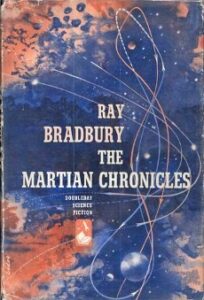
Yes, well, you know, he obviously . . . I grew up reading in particular the dinosaur stories, but also Martian Chronicles, Fahrenheit 451, all that good stuff. And what I like about the way he approaches Mars is that he clearly didn’t know anything about Mars. I mean, it was 1950. We hadn’t sent any probes by. So, he puts breathable air on Mars. He puts canals full of water. There are birds there, there are Martians who have families and are psychic, can do all kinds of crazy things. And so, he thrived on the lack of science that we had available to us about Mars. And he engaged in what he called mythology instead of hard science. And to some extent, I mean, my stuff is, I think, quite a bit more realistic than that. But it’s not totally realistic, and I’m much less interested in the science than I am in the people. So, in that sense, I’m trying to, I guess, live in his legacy of what kind of interesting things we learn about life and about people by being on this planet, not just about Mars.
So, once you had the idea, what does your planning/outlining process look like? Are you a big outliner, or do you just kind of launch into it?
I bounce back and forth, and this was a particularly unusual case because many of the chapters stand alone as short stories, or at least they originally did, and I massaged them a bit so that they do that a little bit less now. But so, they sort of popped out one by one here and there. But it’s like holding a handful of marbles. Once you have enough of them, you have to get a container because you can’t hold on to all of them. So, I sort of throw myself in, and then I come back out, and I organize, and I make a plan. And usually, the plan is substantially wrong. So, I come, I throw myself into the plan, and I come back out once I’ve realized how wrong it is, and I make a new plan and keep bashing myself against it until I have something. So, it’s a back and forth for me.
What do you actually write down in the way of notes or outlining?
Before the first thing I almost never write anything. I just sort of . . . the very first thing that happened to me was the line, “This is how I find out Jenny is pregnant on Mars.” And that line just came into my head, and I thought, “OK, let’s find out a lot more about that.” And I just wrote my way forward. And then, I wrote a second chapter, which is part of the instruction manual that my Marsonauts were given, and it’s called What You Can’t Bring with You. And it’s this list of really strange instructions about what they can and can’t bring on this trip. And some of it’s very physical, like, “You can’t bring an umbrella because it won’t fit in your bag.” And some of it’s much less practical, like, “You can’t bring the view out in your backyard, out your back window. Can you bring yourself? I don’t know. You’ll have to see.” So, I just threw myself into those things. And then when I had a few of them, I said, “OK, well, do they go together? And what would have to happen next for this to make sense as a book?” And I started filling in some of the gaps. And then that kept going forever. You know, I sent it to my agent who took it. But he then said that “I think you need a couple more chapters.” So, I filled in those spots, Tachyon took the book, and then they had some ideas about some things, so I filled that stuff in . . . it’s a long, long, long process, and it’s not always fun, but it is really fun to be on this side of it, that’s for sure. And at times during it, it’s also really fun.
How does that compare to your previous novels in the way that came together?
Miss Portland came together much more. I got much deeper into it before I had to come out and do any outlining because it’s a much simpler story. How to Mars has a lot of characters, several characters whose point of view you get. Miss Portland is really just from Zoe’s point of view, a close third-person point of view. And you stay with her, and it’s a pretty narrow period of time, it’s about two weeks, whereas How to Mars takes place across the length of a pregnancy and a little bit beyond. So, there’s just a lot more going on. And I even have to think about how to write from the point of view of Martians, you know, that I had made up. So, I had to come back out a lot more often and do planning. And at times, I was not sure at all that it was going to work. There were definitely times when I thought, “This can’t be a book.” But I guess the secret to being a writer is not listening to yourself very much when the self-doubt comes to a peak,
That’s for sure. What does your actual writing process look like?
Well, that varies, too. I think the way I like to do it. I actually didn’t really do it with this book. I like to write by hand first and then to type that up into a document. I like it because that way, I mean, it feels good writing. I have a nice fountain pen that I bought myself, and I enjoy using that. And I get a kind of free revision when I type it up where I what I type up is better than what I have down on the page because I’m not willing to just kind of put it over word for word, and I can see where things are problematic. But in this case, it was mostly done on the computer kind of directly. And then I would, when I was working on it, I would print it out write notes all over it, type up the revisions and then go from there.
I always wish I could still write by hand sometimes, but when I tried it a few years ago, I realized that I absolutely hate it now. I like the idea of it, but I just . . . I can barely handwrite anymore because I type everything and have for so long. I’m almost losing the knack of it.
It is a habit that you can either be in or out of. And it’s not always a great idea. You know, parts of this book, How to Mars, are in unusual formats. The astrophysicists, her chapters are all in the form of charts and graphs and tables and formulas. And that was relatively easy to do in Microsoft Word, and it would have been really tricky to do in handwriting. So, it’s not always the best move, but I do take a kind of pleasure in it when I can.
Do you get a chance to work for long, uninterrupted periods, or do you have to sort of fit it in around all the other things that you’re doing?
It’s more the latter, yeah, that I’m fitting in and around stuff. But over the summer, I typically take a couple of weeks and just take myself somewhere where I can get a lot of time, where I can kind of work all day. There are some retreat centers, one that I go back to a lot is the Virginia Center for the Creative Arts, which is a great place in Virginia, obviously. And there are other artists and writers there. And so, you have interesting conversations over meals, and then you go back to your studio, and you just work continuously. And I find that if I could work four hours continuously, it’s not like four one-hour writing stretches, it’s . . . I get so much more done in four continuous hours than I do in four separate one-hour sessions, and so I count on that. I get a ton of my work done in the summer,
Our best version of that . . . well, there’s many . . . but the one that I have been to is the Banff Centre, Banff, Alberta, right up in the mountains. And yeah, yeah, you can do a self-directed residency up there where they basically just give you a cheap, cheap place to stay in beautiful surroundings. And then you just write. I did 50,000 words in a week up there once, working on a book. So, I’ve only been twice, I think I’ve done for a couple of other programs but only done the writing residency, maybe only once. But yeah, it’s great to be able to do something like that.
It’s beautiful, isn’t it. I mean, think about that. Fifty thousand words. It’s amazing.
Yeah, it was. I was amazed.
Yeah.
So, you have the manuscript or whatever for . . . you said you sent it to your agent and there were revisions, and you sent it to the editor and there were revisions. Was that because of the nature of this book? Was that revision process perhaps a bit more intense than on your other books?
Well, I have to say, I always find revision incredibly painful. I think some people love revision because it’s the time when you’re getting it more right. And I feel that a little bit, but mostly revision makes me want to weep, like just soak my laptop with tears basically every time I’m revising because it’s like breaking a vase to try and build a new better vase, is how it feels to me. In reality, of course, it’s nothing like that, but it feels that way. So, every time I got revisions back, I thought, “Oh, God,” you know, and I went through the five stages of revision, which are for me being overwhelmed, being resentful, depression, deep depression, and then reluctant. . . so, you know, eventually I did what I needed to do in each case. And I luckily kept my resentment to myself because I got tons of good feedback. My agent is a really good reader, the folks at Tachyon are really good readers, but none of it makes me like revision. The only reason I do revision is because I care more about the book than I do about whether I feel bad or not. And that’s the key for me.
It’s interesting. I actually kind of enjoy revision, although I don’t enjoy being told what’s wrong with the book.
Wouldn’t it be great if someone just says, “Oh, you’re a genius,”
Yeah, there’s a famous Peanuts cartoon where Snoopy has gotten a rejection back, and he’s typing, he says, “Dear Editor, in regard to the recent rejection letter you sent me, what I really wanted you for you to do was to publish my novel and send me a hundred thousand dollars. What part of that did you not understand?”
I love that.
So, with the revision and now you’ve got your editorial process, and this book is not out yet, but the books that have come out, what’s that feeling like for you and what kind of feedback have you gotten from readers and how does that impact you?
It’s a really, really nice thing for the most part, when something comes out and you’ve gotten something published, even if it’s an individual poem or a story, but it’s amplified a lot if it’s a whole book, because there’s a different kind of attention that gets put on a book. And I think of it as the victory lap. That you get to just kind of share it with people, and you often get to share it with them to their faces and see their reactions happen in real time as you read to them. If it’s funny, and I hope that a lot of my stuff is funny, they laugh, right there in front of you. You know, if it’s sad that they make these little sounds of sympathy. I love that. And I love when there are reviews that come out. Those tend to be a really nice experience.
One thing that’s going to be interesting, though, of course, is this book’s coming out May 25, 2021, this year, which is to say still kind of during the pandemic, maybe a lot of people will have been vaccinated. I still don’t think they’re going to be a lot of bookstore events. So, the publicity staff at Tachyon is really energetic and creative and thoughtful. And they’re doing lots of cool things to promote this book. But bookstore readings, that really hasn’t been one of the things, because are people going to want to go sit next to each other, masks or not, no masks, and listen to a reading. So, I think this victory lap is going to be much more virtual than the others, which has its advantages, I get to talk to people from everywhere, I’m talking to you right now while I’m sitting in my bedroom, basically. But it also means that I don’t get to physically go places and interact with people in person. And also, I have to delay my trip to Mars, Pennsylvania, which I am looking forward to doing at some point for a photo op with the flying saucer they have in their town square.
I’ve always wanted to do, there’s a town in Saskatchewan called Rama, and I’ve always wanted to go there and stand in front of the sign, shake hands with somebody, get the picture taken, and then post it as a Rendezvous with Rama, which, of course, is the famous Arthur C. Clarke novel.
Oh, yes.
Oh, well, I wanted to go back just a minute because one thing I kind of forgot in the writing process was about characters. I mean, I asked you about psychology and characters earlier on, but how do you find the characters that populate your stories? How do they come to you, and how do you develop them?
Sometimes they come to me with a lot already done. The novel, Miss Portland, on some level, was an attempt for me to get a little bit closer to a couple of women in my family who I lost over the last dozen years. And so, things that it had always struck me about them were present in this character as I began to write, and she went on to become her own person and quite different from them in her way. But I started on the page with a lot because there were these people in my life. The folks on Mars were not connected to people that I knew and are not connected to people I know. And so, it was a slower process. And in fact, one of the greatest things that anyone did for me in this process is, the Kenyon Review offered to publish the first chapter of the book as a story, but they wanted me to do some revision, which, of course, made me want to cry. But it was really good advice. They said they just needed to know more about why they were there, why were they on Mars. And it was a thing that I had been sort of thinking about and never really solved to my own satisfaction. And that question . . . and especially because there was some pressure on, like, they weren’t going to publish this if I didn’t figure that out. So, there was some pressure there, and it was the key question and unlocked the whole book. And from that point, I kind of thought, “I think this is going to be a book. I think this is going to work.” And it’s really thanks to that editor who asked me a tough question.
Characters are always interesting because ultimately, the only people we really understand, and we may not even understand that, is ourselves. And so, characters are really versions of ourselves, influenced by observations of the people around us, I think is the way I usually kind of think of that. Do you feel that there’s a lot of you in your character sometimes?
Yeah, I think in one way or another, there has to be, though, for me, what it often takes the form of is my confusion. And as I say, I’m always writing out of this lack of understanding that seems to be my perennial problem. But it’s a really productive problem, so I’m OK with it. And what I’m writing into it, these characters are things that I that have stuck in me that I don’t understand either about me or about something I’ve observed about other people. I’m often trying to write my way into a position of empathy when I’ve encountered somebody that I’m not sure I get or even that I’m not sure that I like a lot. I want to understand what’s going on for them because I really believe everybody has a story that helps us. If we knew, it would help us to empathize with where they are right now, so that those moments of confusion caused by encounters get lodged in me. And I write characters out of those places a lot of the time.
Well, this may tie in now to my big philosophical questions. There are three. The first one is, why do you write? Why do you do this? Why, why? Why? The second one is, why do any of us write on, you know, like a species level or the level of humanity as a whole? Why do people write? And then, I guess, the third one is why stories of the fantastic, because you said you’re getting more and more into that side of writing. So, those are the three big philosophical questions.
They’re good ones. Thank you for those. “Why do you write?” is really tied to what I’ve been saying about not understanding things. I write basically to figure things out. There’s so much that I see in the world that baffles me and that I find confusing, and that I want to understand better. And so, I try to write my way towards understanding. So, for example, when I was looking at this Mars One project, I was thinking, who would do this? Who in the world would do this? And the answer couldn’t be nobody, because I’m looking at the videos and seeing people are signing up to go to Mars forever. So that made me want to understand who they might be and what that might mean, so that that was a motivation there. But all of my stuff comes out of trying to figure things out. And also, on a side note, I just feel good when I’m, you know, not necessarily in the moment that I’m writing, but if I write regularly, I am a happier person. Then if I take long periods of time off, you know, if I get really grumpy, a lot of times my wife will say to me, would you just go write already? Because you’re getting on my nerves? And I’ll grump and say something like, “It’s not that.” And then I go write, and I come out and I say, “It was that.” Thank you for being so nice to me. So, I do it also because it’s the way I’m at my happiest, I think. So that’s, “Why do I write?”
It’s a harder question to answer, “Why do I think anybody writes?” I mean, my assumption is that there are lots of reasons why. There’s pleasure that we can have and possibilities we can encounter when we mess with words. Maybe we’re trying to learn something or articulate something or capture something. Maybe we’re just having fun. Maybe we’re getting revenge on somebody who was mean to us in middle school. I think there could be a ton of reasons, but I think the one thing that all of us have in common is that we’re not just talking to ourselves, that when you write, you’re using a medium that is interpersonal. Even if you don’t share it with anybody, you’re using language, which is an interpersonal tool. So, there’s a kind of an invisible listener, and most of us do want to share our stuff with others. So, there’s a kind of a larger conversation that we’re participating in or that we want to. And, when I was growing up, my mother, she was wonderfully, she kept her books in bookshelves out in the hallway, or when we moved to another place, in the living room, they weren’t in her room. And that meant that we all, my sister and I, could go read them whenever we wanted, which was wonderful. And I looked at those bookshelves, and I thought, “There’s a conversation going on here, and I want to be part of that.” And I think that was part of what fueled me, is looking at all these authors talking and wanting to get into that conversation.
So. That’s that one. And then, why fantastical stories? Well, we talked about Ray Bradbury earlier. He has a quote that I love. He says, “Science fiction is a great way to pretend you are writing about the future when in reality you are attacking the recent past and the present.” I just love that. You know, I think we think when we read science fiction, this is this isn’t about now, but I think a lot of really good science fiction is about now. And I write about fantastical worlds because it’s an exciting way for me to write about this world, you know, or, put another way, I didn’t write about Mars because I wanted to study Mars, I wrote about Mars because I wanted to study people, Earth people. And Mars seemed like a place where I could just isolate a few of them to look really closely and get to know them really, really well under circumstances that would be likely to test them and show who they really were.
And what are you working on now?
Well, I’m finishing up a novel that has time manipulation at the center of it that I hope will be my next novel, and I’m also thinking a little bit about whether How to Mars is the end of the story or whether there might be room for a sequel or two. So, you know, as I finish up this next book, the question becomes what’s next. And I’m missing Mars a little bit. And I’m wondering if I want to go back.
And where can your readers find you online?
Well, my last name is a bit of a pain, I’ll admit right now, but on my website is David Ebenbach.com. And I would say just look at the Web page of the podcast you’re looking at right now and get the spelling from there. So, you can find me at DavidEbenbach. com. But I’m also on Twitter, Facebook, Instagram. I’m on Reddit. I’m one of the rare people on Reddit who uses his real name. Find me there and all around, do a little Googling and you won’t have any trouble.
All right. Well, that’s kind of brings us to the end of the time here. So, thanks so much for being on The Worldshapers. I certainly enjoyed that. I hope you did, too.
Thank you. This has been really fun.
And the book comes out when?
May 25th of 2021, this year.
From Tachyon Publications, I guess is the name. Or is it Tachyon Books?
Tachyon Publications.
I was right the first time. So, I will have links and all that kind of stuff when this goes live, which will still be before the book comes out. So, watch for it in the very near future as this podcast comes out. So again, thanks so much, David.
Thank you. Thanks, everybody.


